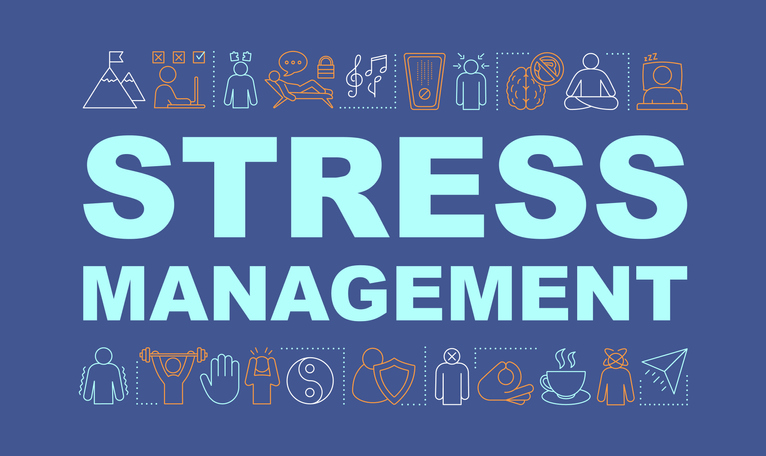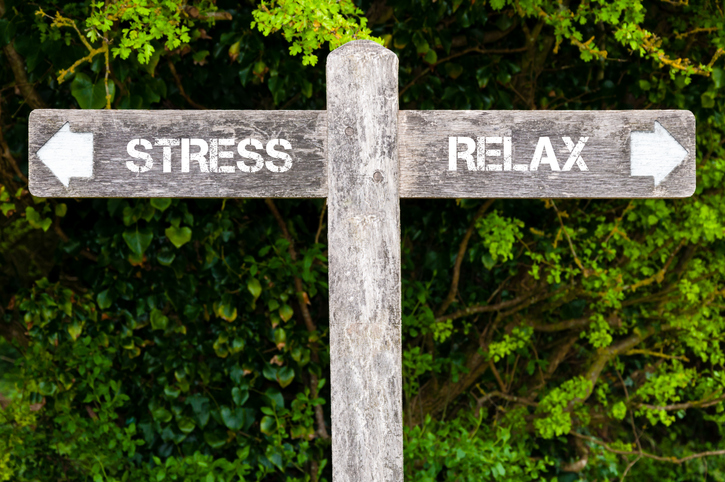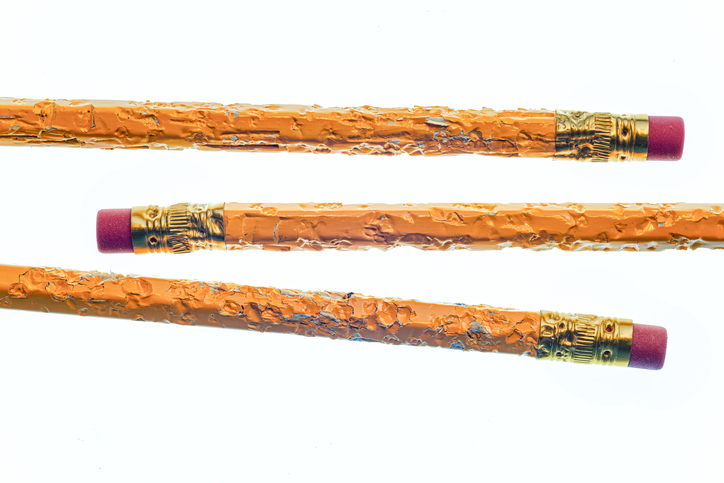Wellness
The Relaxation Response

Most people are familiar with the fight-or-flight response, which is when the body releases hormones in response to a stressful situation in order to fight the stressor or flee from it. Individuals facing chronic stress can experience this response multiple times per day, which can lead to negative health effects over time.
Fortunately, a lesser-known response — the relaxation response — can help. The relaxation response creates effects in the body opposite of the fight-or-flight response: it slows the heart and respiration rate, lowers blood pressure, and relaxes muscles. This state changes a person’s physical and emotional response to stress.
Using meditation to achieve the relaxation response
The relaxation response can be elicited in various ways; however, meditation is the most common method. Five effective meditation tips include the following:
- Find a relaxed, comfortable position in a location free from distractions.
- Close the eyes.
- Progressively relax the muscles, starting with the feet and moving up the body to the face.
- Repeat a word, sound or phrase while breathing at a normal pace. This should be a positive word (e.g., “love” or “peace”), a prayer, or any other sound that has a calming effect.
- Continue this practice for 10 to 20 minutes, refocusing on the word, phrase or sound when needed.
Other activities that generate the relaxation response
The relaxation response can also be generated by participating in activities that interrupt negative thoughts, such as yoga or guided meditation. It can also be elicited by participating in repetitive activities, such as walking, knitting, crocheting, or playing a musical instrument.
Benefits of the relaxation response
Activities that generate the relaxation response benefit health in various ways, including lowering blood pressure and heart rate, improving digestion, and reducing symptoms associated with certain health conditions (e.g, arthritis, anxiety, insomnia and depression). Regularly eliciting the relaxation response can also reduce inflammation in the body, counteracting the effects of stress.


















